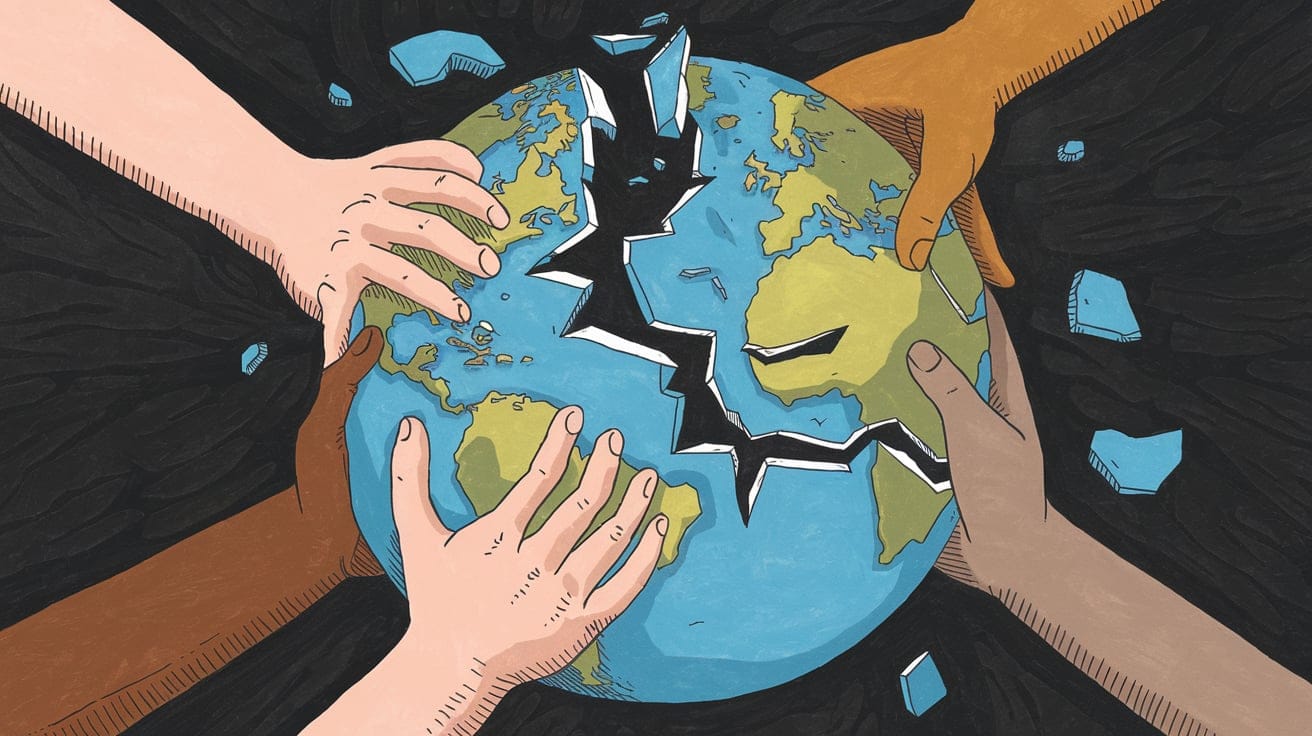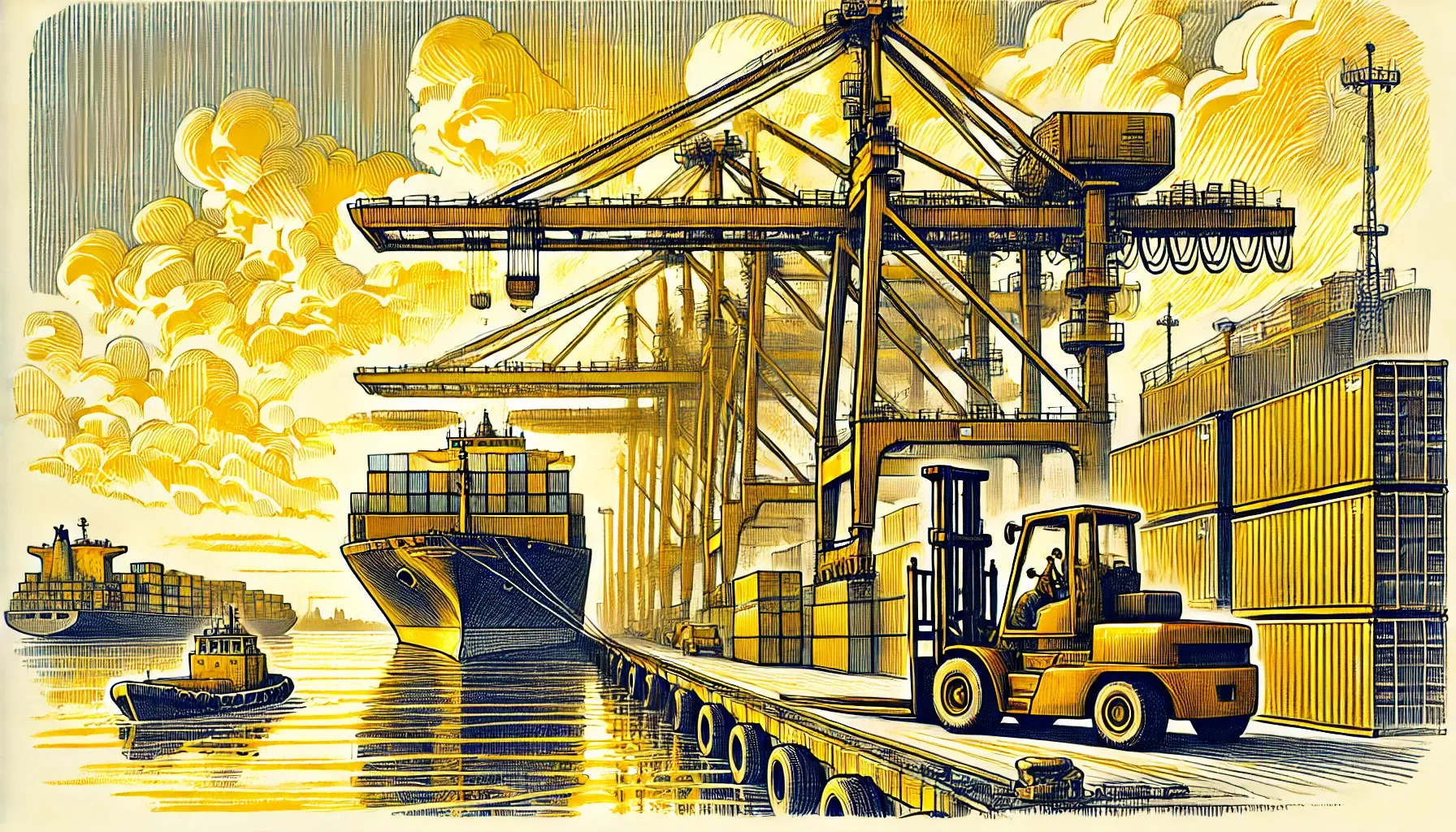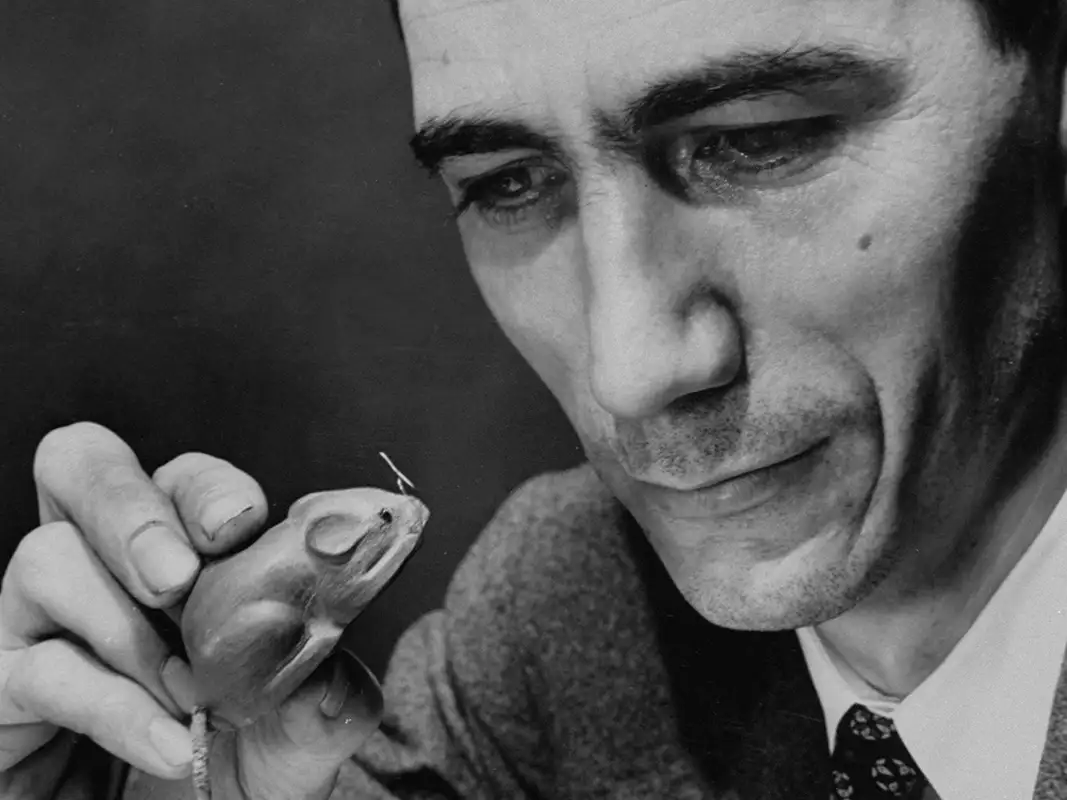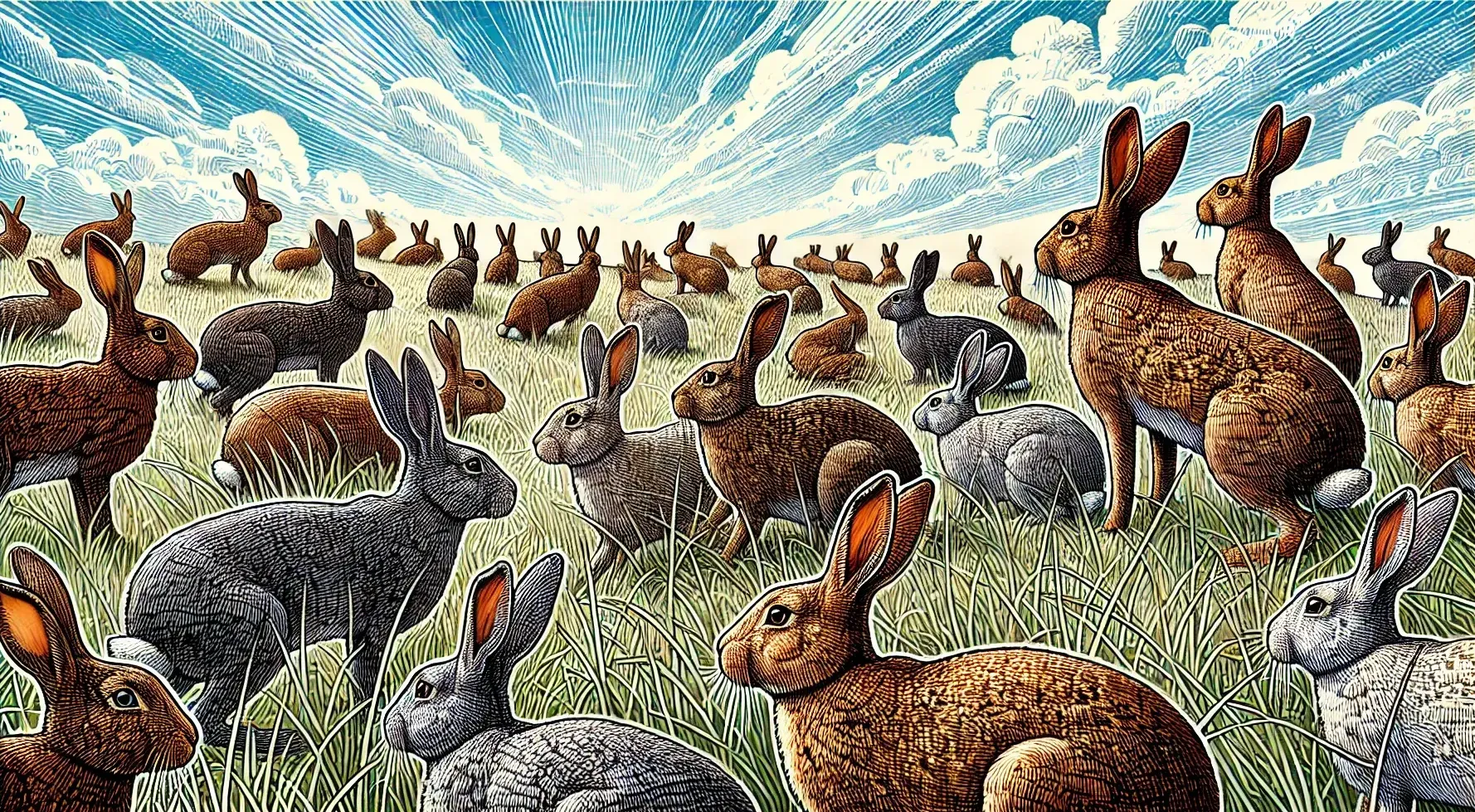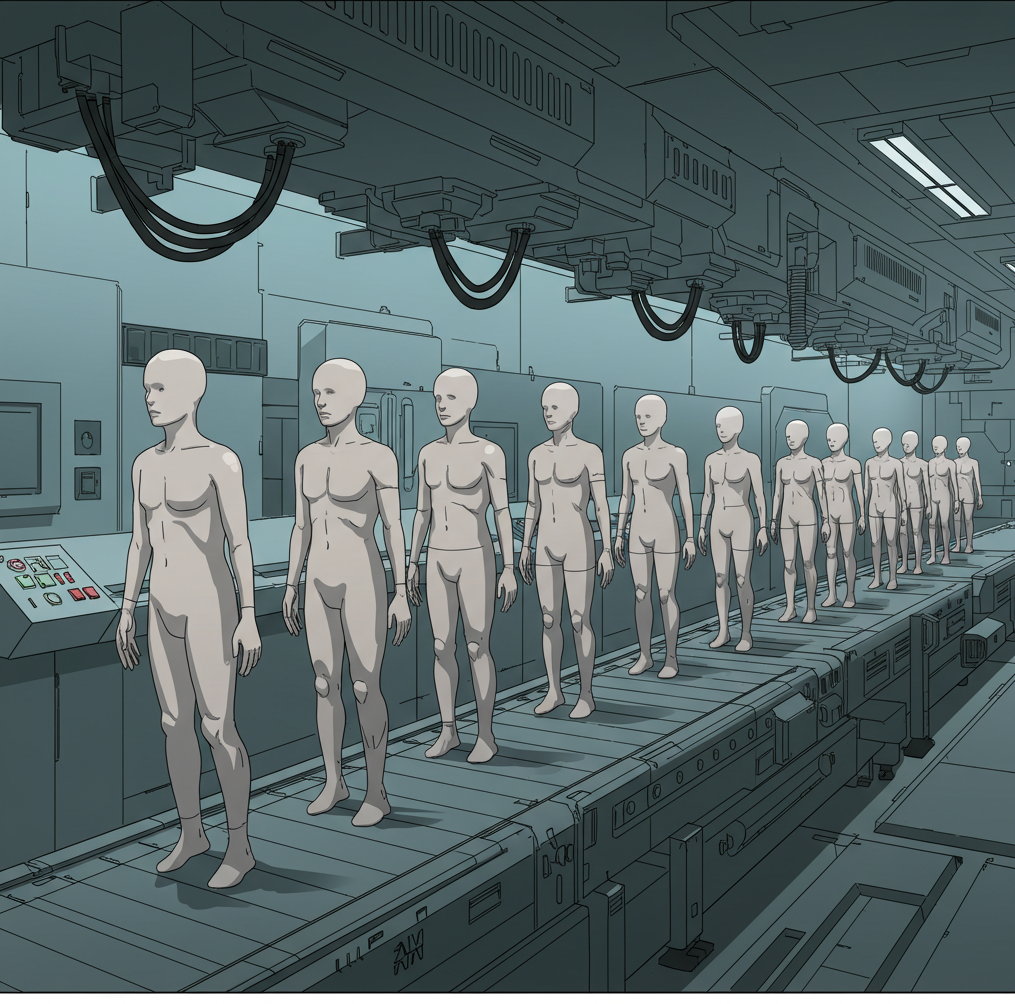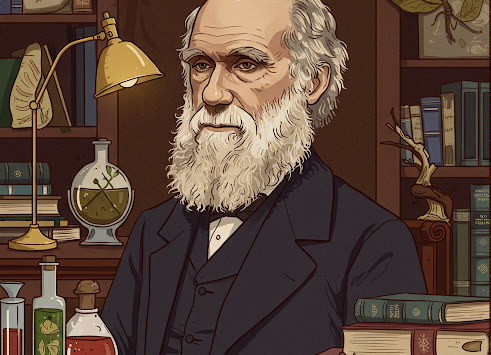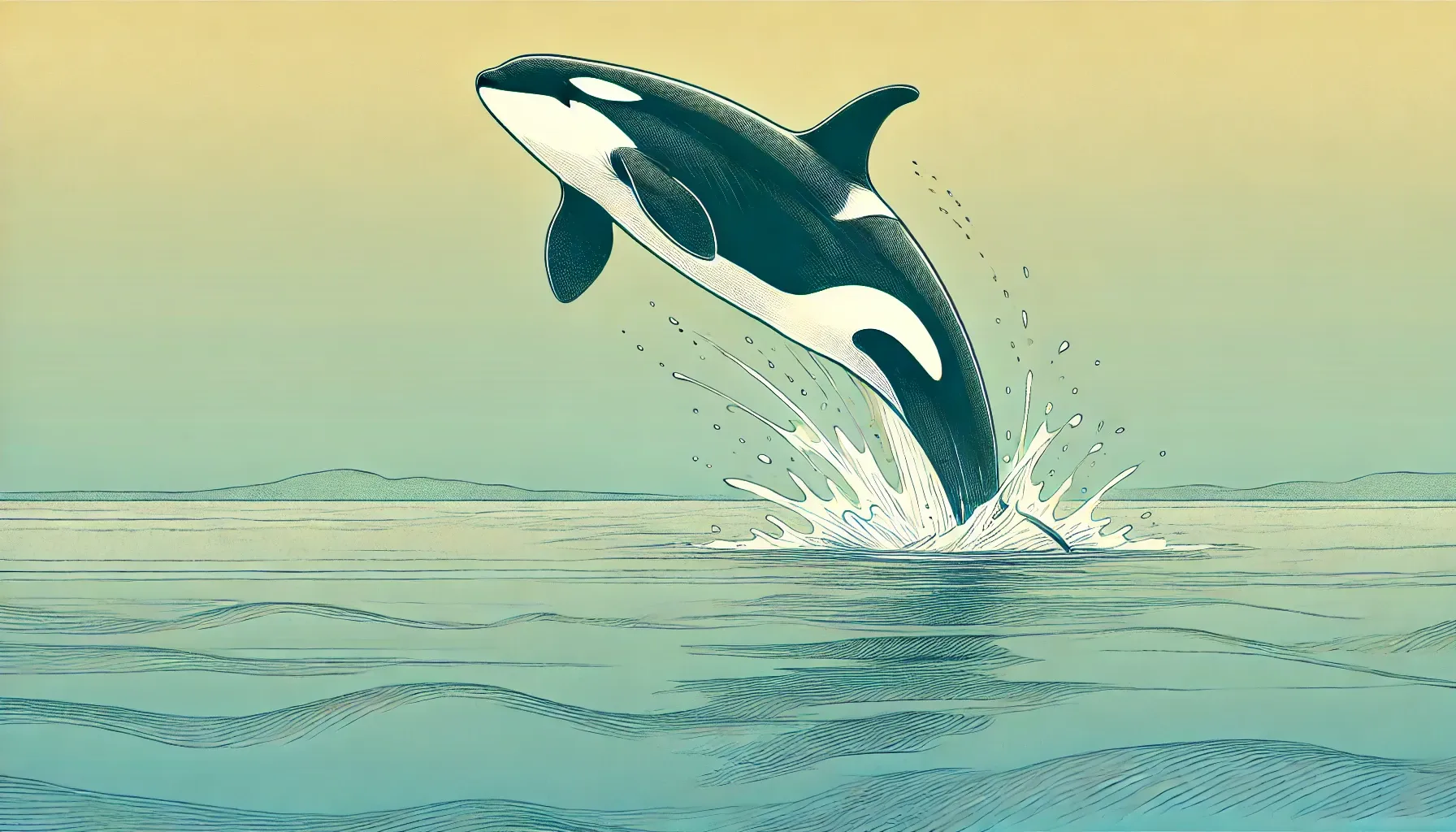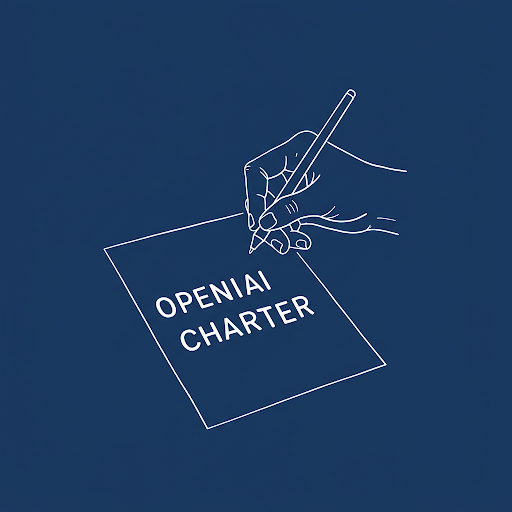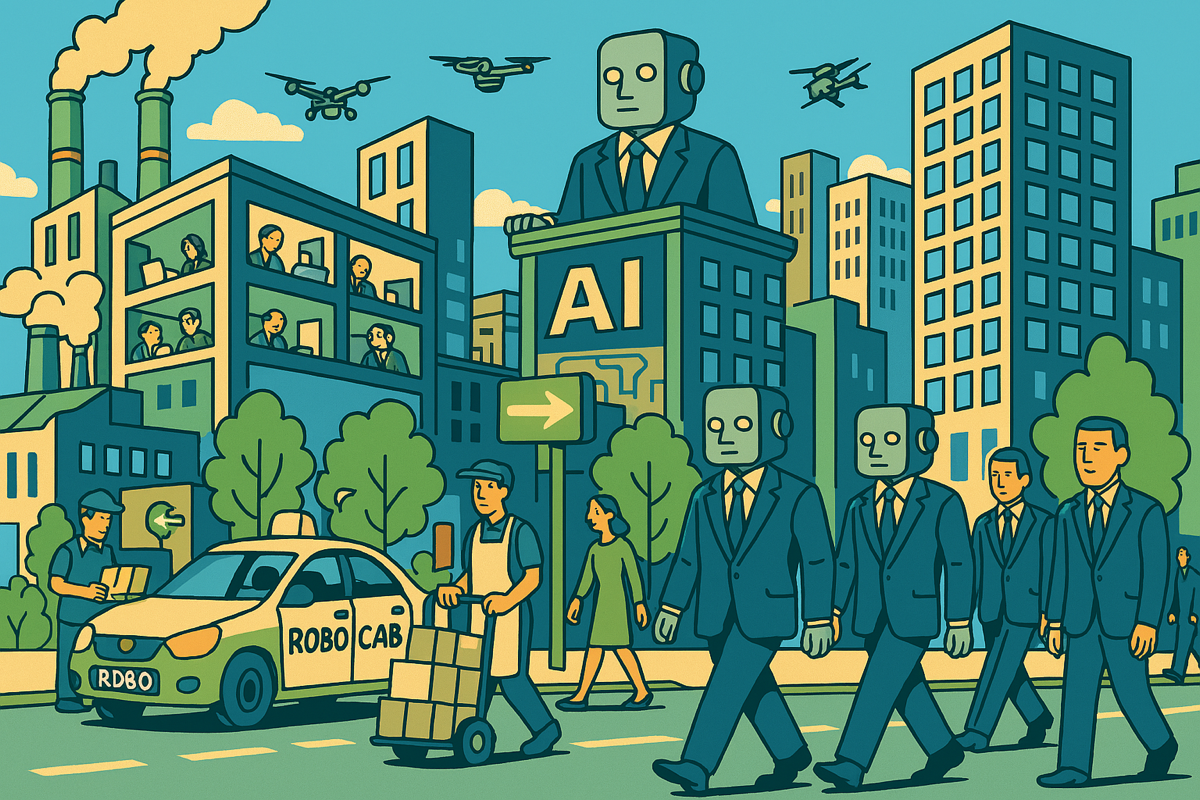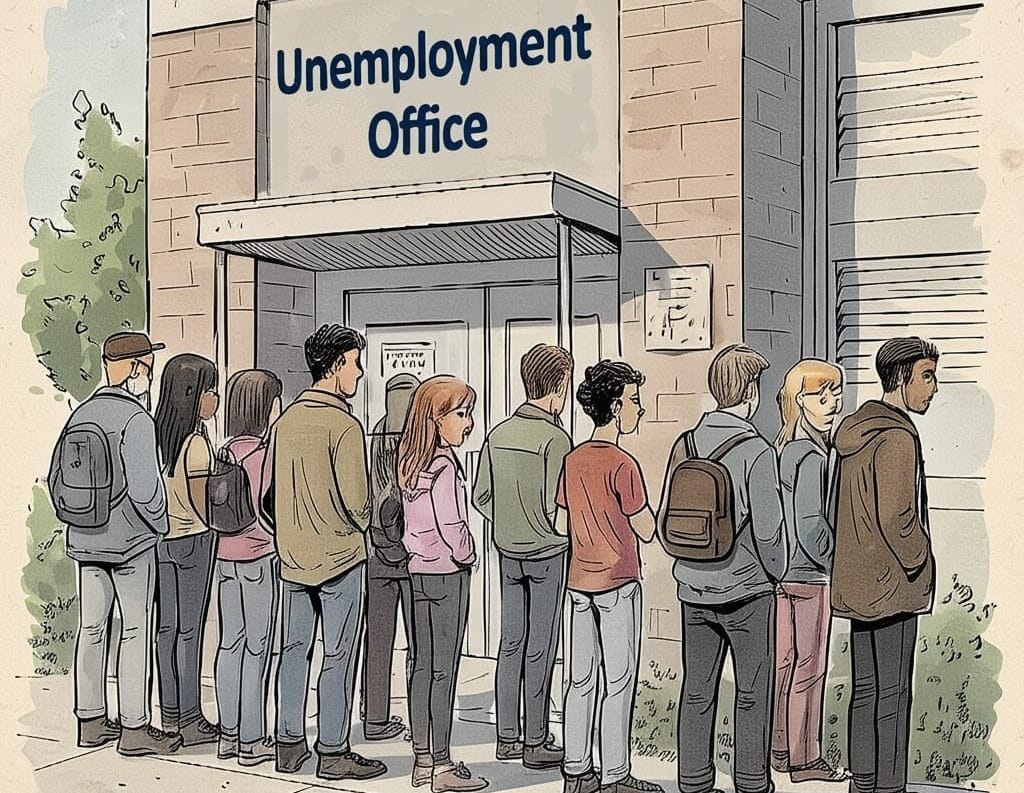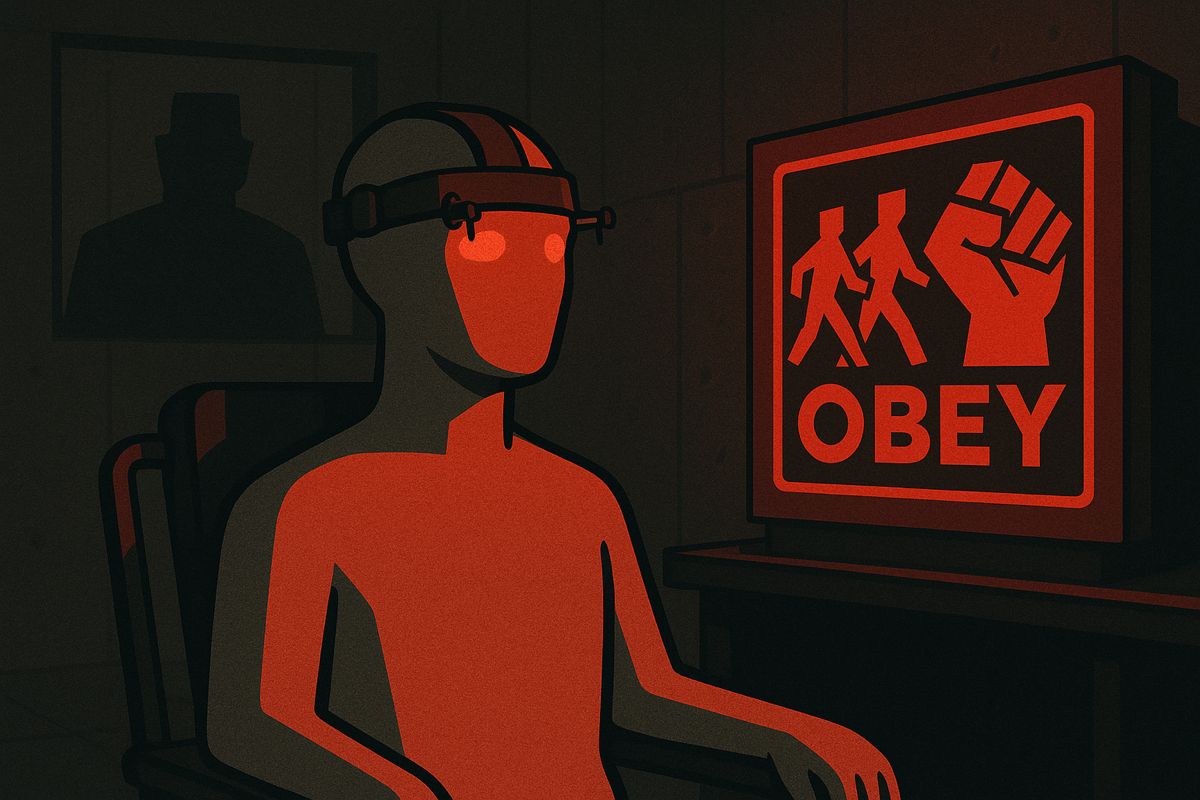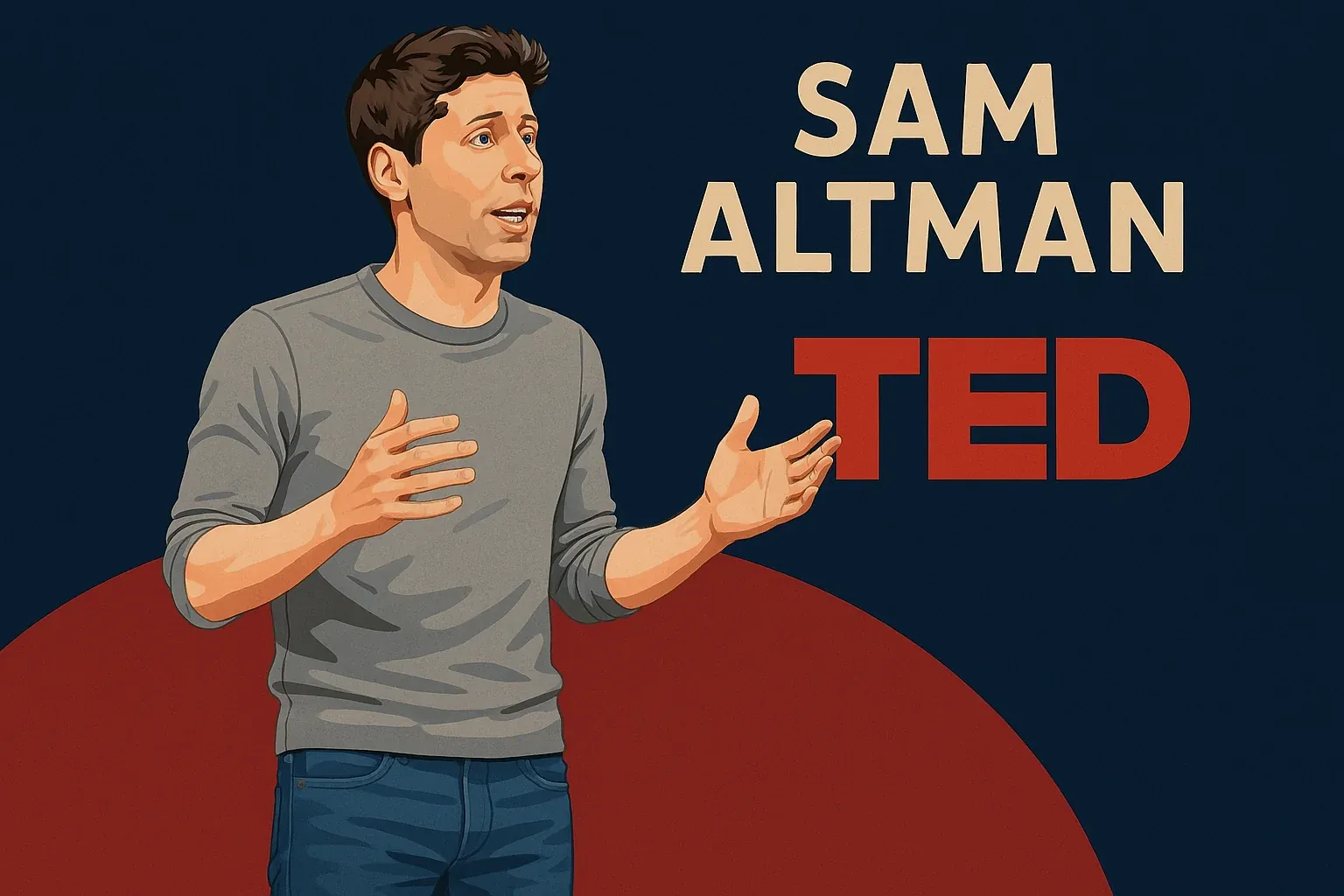2025 AI Predictions
Overall, I think 2025 will be the year the zeitgeist shifts
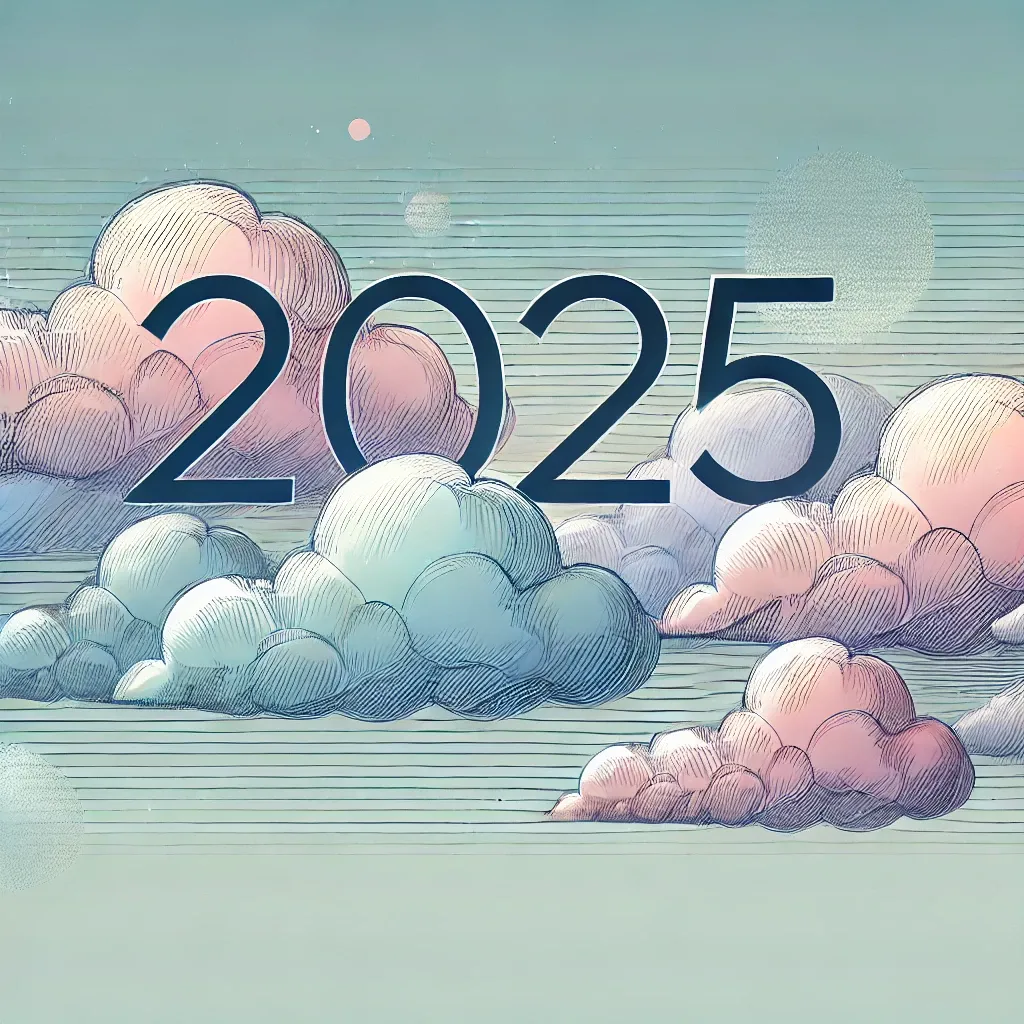
Overall, I think 2025 will be the year the zeitgeist shifts, where ordinary people start to feel the AGI. Iphone and Android will start giving everyday people useful AI tools. Particularly impressive will be advanced voice features. But more than anything I think this will be the year that businesses start meaningfully implementing AI in their operations. By the end of next year I think models will be capable of performing many highly paid professions and this will affect people psychologically, even if the impact on the labor force is still marginal.
Here are some predictions for the year ahead
- Capable, Reliable Agents. Reasoning models like OpenAI’s o-series will enable enough error correction and rule following to enable some independent task completion. This will be critical for AI to begin delivering real economic impact. We can expect this will be approached in many different ways, from systems controlling your computer directly, to cloud systems acting on your behalf when authorized. Reliability and trust will be key to giving over increasingly consequential permission to agents.
- Self-Driving Cars. Tesla cybercab pilot programs in multiple US states. They will be successful and expand rapidly. A federal framework may emerge and streamline the rollout. There won't be much friction to acceptance in my opinion. I don't expect trucking to be affected yet just do to inertia and lack of bandwidth/resources.
- Automated app creation. I think AI will basically fully automate code generation and software engineering by the end of 2025. It yields to reinforcement learning and will surprise many obtuse software developers. Importantly, I think agent services by frontier models will move beyond code generation to setting up databases, deploying environments, and configuring cloud services. AI will begin to handle more of the backend setup—spinning up servers, provisioning storage, and managing APIs. Returns will increasingly flow to vision and taste, not hard skills. What's true for software development will also be true of all hard skill professions like accounting and law.
- Tesla Optimus. This is by far the leading humanoid robot and will continue demonstrate the frontier of robotization. I expect Optimus to start providing real value in Tesla's factories. Expect impressive dexterity and increasing autonomous operation, moving away from teleoperation.
- Advanced Video Generation. Sora, Veo and Meta’s Movie Gen appear to be the front-runners in video diffusion models. We should get notable advancement here. Crucial areas will be realism, coherence of style and characters, plot following, and user interface development/control features. 20 seconds in state of the art currently, I’ll guess we 10x this to 2 minutes by year end. This will allow indie filmmakers, educators, and marketers to produce cinema-grade visuals at minimal cost. Hollywood should employ in some VFX.
- Fluent Voice Conversations. AI voice models will get better at not interrupting and doing the conversation dance more adeptly. Importantly costs will probably get to a more usable level for API use; we may see a real world implementation of state of the art voice model in customer service.
- Full Suite of Tools. AI will get access to a more complete toolkit to get work done. Automating tasks like creating tables, infographics, and financial models. Individuals and businesses will start to use AI for data visualization, quantitative analysis, and instant report generation.
- Businesses start to implement AI products. I still don't expect anything super significant yet, but I think the ship will start turning. I expect more internal efficiency vs external customer facing AI. I think the administrative layer is vulnerable to being hollowed out. Middle management, marketing, tech departments can be shrunken.
- Expanded Memory & Context Window. More context, more understanding of the user. This will make the systems feel more personal if desired. Also will reduce repetitive annoyance for users. In context learning improvements. Memory will be required to participate in teams and conduct long horizon tasks.
- Multi-Agent Systems. Labs are clearly working on this. Not sure exactly what they’re cooking up; could be area of surprise.
- Multi-Modal becomes the default. This is a big one. We will move towards omni models that just understand any input, and can create in multiple mediums. I anticipate image in and out to be available in frontier models, including reasoning. This will allow very specific designs and less art roulette, among other things.
- Narrowly Self-Improving Systems. AI systems will begin self-improving in specialized areas, tweaking their algorithms for efficiency. By the end of 2025 we maybe be close to the synthetic software engineering, a watershed moment. We can expect these systems to more directly contribute to AI research
- OpenAI o5 plus GPT-5. 5:5 sounds very capable as I write this. What will it be like? One thing I'm paying attention to is when models will be capable of crafting complex narratives and complex world building necessary for a full scifi novel. This is sort've my personal Turing Test. Will 5:5 be able to do this? Perhaps. We should expect continued cost declines per token, though there will be expensive tiers for extended test time compute.
- Wild cards. Usually at least a few unexpected things happen. For instance, hardly anyone was expecting Sora. Maybe the self-improvement angle. Maybe a Chinese firm feels pressured to race ahead faster and achieves unexpected gains by looping AI into the design process more aggressively. Another surprise would be a novel architectural advance like OpenAI's strawberry paradigm. Reasoning in latent space could be promising. Another interesting area is training a diffusion model on images of text. OpenAI's o-series may be capable of exploding synthetic data creating a new feedback loop unlocking more progress in pre-training.



